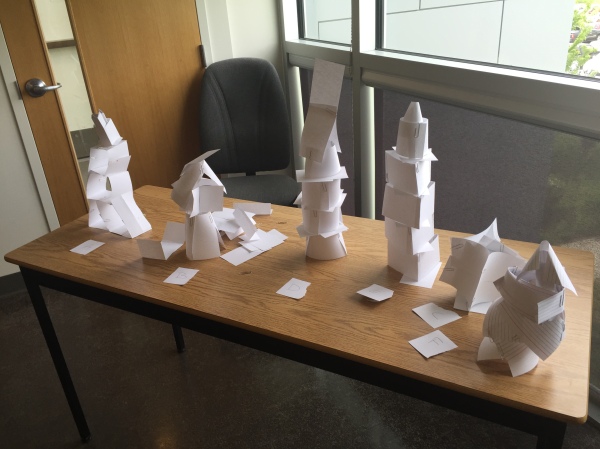On November 27th, at 11am, I received an email from the President of our institute that brought such joy and excitement I was stopped in my tracks!
Dear Roberta, regarding your Proposal for an Extended Study Leave, I am pleased to advise that your proposal has been approved as follows:
August 1, 2021 to July 31, 2022, in Europe, for the purpose of conducting research that will examine what it takes to lead successfully in a new, uncharted context that has been coined a “new normal”.
It took quite a while to peel me off the roof, and needless to say, my eyes glistened with tears of joy. What this means, is that for a full year, I get to focus on an area I am very passionate about: remote work. My first research, conducted with my son Nathan, focused on Competencies for Success as Remote Workers. That initial learning introduced me to so many amazing people both in North America and Europe.

Since the publication of that research early 2019, our world has changed in ways none of us could ever have imagined. We all became remote workers, or more accurately, ‘workers from home’. In a matter of days, even hours, organizations had to do a whirlwind pivot. No time for preparation, no time for analysis, no time for decisions…the move was pretty much instantaneous. Being thrown into the deep end (so to speak), has the tendency to result in either sink or swim; sadly we have witnessed both. Many organizations made the switch with reasonable success, but others were devastated. And we are still transitioning. It’s no longer organizations who operate remotely vs co-located, but rather we are seeing a growth in a hybrid option for work. Working from anywhere has become a concept organizations are getting their collective heads around as both employers and employees have witnessed the great benefits of a move from traditional co-located workforces. The narrative around remote work has changed, and continues to change.
I have always felt strongly about the role of leadership. I take it very seriously, and highly respect those who take the posture of a ‘reluctant leader’. Psychologist Dan B. Allender authored a book back in 2011 entitled Leading with a Limp: Take Full Advantage of Your Most Powerful Weakness. For the past year, many leaders have realized the way they have always done leadership no longer works. They have found themselves leading with a limp. And I greatly admire them. They have had to hit the ground running, limp and all. These are the leaders I want to learn from, and thus am super excited to meet them, chat with them, glean from them, and then share what I learn with the myriad of individuals out there who find themselves leading in an era of continual change.
As I continue to learn about Adaptive Leadership, Appreciative Inquiry, and Design Thinking, I want to once again take an approach that seeks to integrate evidence based research with stories and examples from industry…I want to hear your stories, stories of how you have transitioned from co-located to working from anywhere leadership. I want to learn what you have found to be effective, and what just doesn’t work. I also want to learn (and share) the why behind what works, and what doesn’t, in leading work from anywhere teams.
Please, reach out to me with your stories, or to arrange a video call, via roberta@samisremote.com or linkedin.com/in/robertasawatzky to share your stories and experiences.


 ruminate, to probe, to ponder, and to enter into meaningful dialogue to further explore the ramifications of each.
ruminate, to probe, to ponder, and to enter into meaningful dialogue to further explore the ramifications of each.